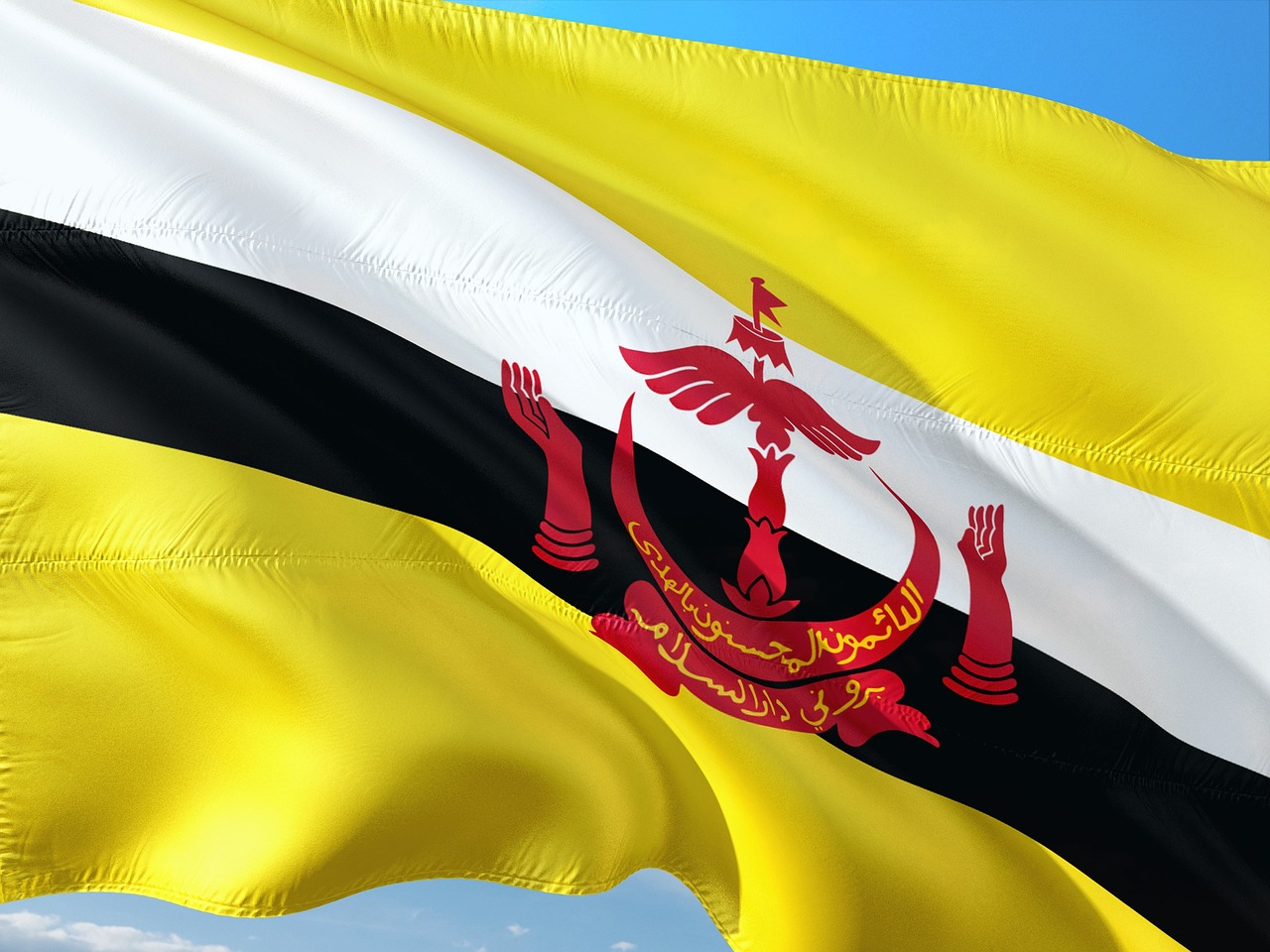Brunei Video
Cultural Etiquette: Doing Business in Brunei
Brunei, officially known as the Nation of Brunei, the Abode of Peace, is a small but prosperous country located on the island of Borneo in Southeast Asia. With a rich cultural heritage and a strong emphasis on Islamic traditions, doing business in Brunei requires a good understanding of the local customs and etiquette. This article aims to provide a comprehensive guide to cultural etiquette when conducting business in Brunei.
Business Etiquette
When it comes to business etiquette in Brunei, there are several key aspects to keep in mind:
- Punctuality: Being on time is highly valued in Brunei. It is important to arrive at meetings and appointments punctually as a sign of respect for the other party’s time.
- Dress Code: Brunei has a conservative dress code, especially in business settings. Men should wear suits or traditional Baju Melayu, while women should dress modestly, covering their shoulders and knees.
- Greetings: When meeting someone for the first time, a firm handshake is appropriate. It is also common to exchange business cards, which should be presented and received with both hands.
- Respect for Hierarchy: Brunei has a hierarchical society, and it is important to show respect to those in positions of authority. Addressing individuals by their appropriate titles, such as “Encik” for Mr. or “Puan” for Mrs., is expected.
- Small Talk: Building rapport is essential in Brunei, and small talk about topics such as family, hobbies, and local culture is common before getting down to business.
- Gift Giving: While not mandatory, giving gifts as a gesture of goodwill is appreciated in Brunei. Gifts should be modest and should not be overly expensive or extravagant.
Communication Style
In Brunei, communication is generally polite and indirect. It is important to maintain a calm and composed demeanor during business interactions. Here are some key points to remember:
- Respectful Language: Bruneians value respect and politeness in their communication. It is essential to use formal language and avoid confrontational or aggressive tones.
- Non-Verbal Communication: Non-verbal cues, such as maintaining eye contact and nodding, are important in Brunei. It is also important to avoid pointing or using excessive hand gestures.
- Listening: Active listening is highly valued in Brunei. It is important to show genuine interest in what the other person is saying and avoid interrupting.
- Indirect Communication: Bruneians often use indirect language to convey their message. It is important to read between the lines and understand the underlying meaning of what is being said.
- Consensus Building: Decision-making in Brunei is often done through consensus. It is important to involve all relevant parties and seek their opinions before reaching a decision.
Negotiation and Business Meetings
Negotiating and conducting business meetings in Brunei require a patient and respectful approach. Here are some key tips:
- Building Trust: Developing a personal relationship and trust is crucial before engaging in business negotiations. Take the time to get to know your Bruneian counterparts on a personal level.
- Hierarchy and Decision Making: Decision-making in Brunei is often hierarchical, with the final decision resting with the person in authority. It is important to identify the key decision-makers and involve them in the negotiation process.
- Conservative Approach: Bruneians prefer a conservative negotiation style. Avoid aggressive or confrontational tactics and focus on building a win-win solution.
- Patience: Negotiations in Brunei may take time, as building consensus and reaching an agreement can be a lengthy process. It is important to be patient and maintain a calm demeanor throughout the negotiations.
- Written Agreements: Once an agreement has been reached, it is advisable to have it documented in writing. This helps to avoid any misunderstandings or misinterpretations in the future.
Business Dining Etiquette
Business meals play an important role in building relationships and conducting business in Brunei. Here are some dining etiquette tips to keep in mind:
- Halal Food: Brunei is a predominantly Muslim country, and it is important to ensure that all food served is halal, meaning it is prepared according to Islamic dietary laws.
- Table Manners: Follow the lead of your Bruneian hosts when it comes to table manners. Wait for the host to start eating before you begin, and use utensils rather than eating with your hands.
- Refusing Food: If you have dietary restrictions or allergies, it is acceptable to politely decline certain dishes. However, it is important to do so with respect and gratitude.
- Business Discussions: While business discussions may take place during meals, the focus should primarily be on building relationships. Avoid discussing sensitive topics or engaging in intense negotiations during the meal.
- Thanking the Host: It is customary to express gratitude to the host for their hospitality at the end of the meal. A simple thank you and appreciation for the meal is sufficient.
Conclusion
Doing business in Brunei requires a deep respect for the local culture and customs. By understanding and adhering to the cultural etiquette, you can build strong relationships and navigate the business landscape successfully in Brunei.
References
– bruneitourism.com
– brudirect.com
– bsp.com.bn
– baiduri.com.bn
– bruneiresources.com


